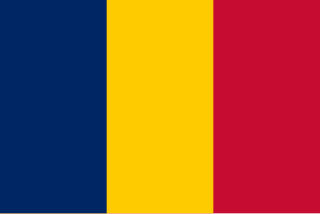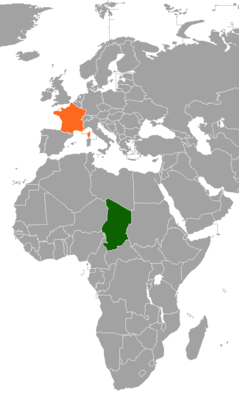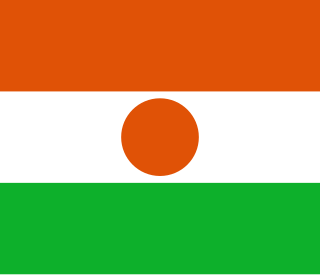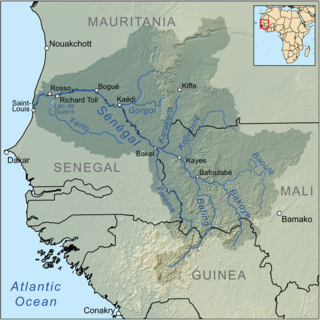تجمع دول الساحل والصحراء Communauté des Etats Sahélo-Sahariens Comunidade dos Estados Sahelo-Saarianos Community of Sahel-Saharan States | |
|---|---|
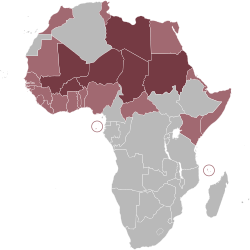 Founding members Countries joining later | |
| Headquarters | |
| Official languages | |
| Type | Trade bloc |
| Membership | 29 member states |
| Leaders | |
• Secretary General | Ibrahim Sani Abani (acting) |
| Establishment | |
• Agreement signed | 4 February 1998 |
The Community of Sahel-Saharan States (CEN-SAD; Arabic: تجمع دول الساحل والصحراء; French: Communauté des Etats Sahélo-Sahariens; Portuguese: Comunidade dos Estados Sahelo-Saarianos) aims to create a free trade area within Africa. There are questions with regard to whether its level of economic integration qualifies it under the enabling clause of the General Agreement on Tariffs and Trade (GATT).

French is a Romance language of the Indo-European family. It descended from the Vulgar Latin of the Roman Empire, as did all Romance languages. French evolved from Gallo-Romance, the spoken Latin in Gaul, and more specifically in Northern Gaul. Its closest relatives are the other langues d'oïl—languages historically spoken in northern France and in southern Belgium, which French (Francien) has largely supplanted. French was also influenced by native Celtic languages of Northern Roman Gaul like Gallia Belgica and by the (Germanic) Frankish language of the post-Roman Frankish invaders. Today, owing to France's past overseas expansion, there are numerous French-based creole languages, most notably Haitian Creole. A French-speaking person or nation may be referred to as Francophone in both English and French.
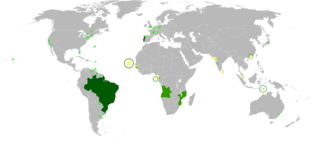
Portuguese is a Western Romance language originating in the Iberian Peninsula. It is the sole official language of Portugal, Brazil, Cape Verde, Guinea-Bissau, Mozambique, Angola, and São Tomé and Príncipe. It also has co-official language status in East Timor, Equatorial Guinea and Macau in China. As the result of expansion during colonial times, a cultural presence of Portuguese and Portuguese creole speakers are also found in Goa, Daman and Diu in India; in Batticaloa on the east coast of Sri Lanka; in the Indonesian island of Flores; in the Malacca state of Malaysia; and the ABC islands in the Caribbean where Papiamento is spoken, while Cape Verdean Creole is the most widely spoken Portuguese-based Creole. Reintegrationists maintain that Galician is not a separate language, but a dialect of Portuguese. A Portuguese-speaking person or nation is referred to as "Lusophone" (Lusófono).

Economic integration is the unification of economic policies between different states through the partial or full abolition of tariff and non-tariff restrictions on trade taking place among them prior to their integration. This is meant in turn to lead to lower prices for distributors and consumers with the goal of increasing the level of welfare, while leading to an increase of economic productivity of the states.








